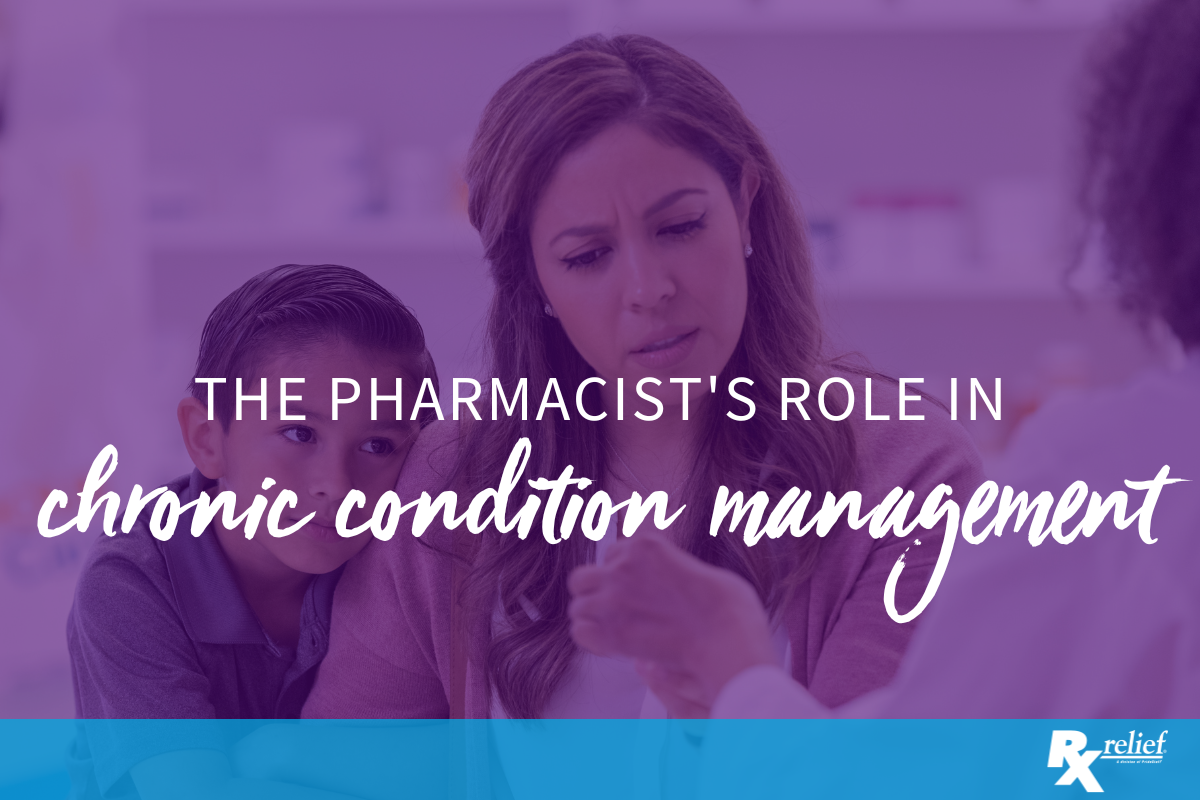The Pharmacist’s Role in Chronic Disease Management

Studies have provided strong evidence that when pharmacists help people manage chronic disease, outcomes for patients improve markedly, not just medically, but financially and socially as well.
But healthcare experts say that policy reforms are needed to encourage healthcare organizations to use the clinical skills of pharmacists in providing chronic disease care.
Community pharmacists are uniquely situated to help people manage chronic conditions because pharmacists are among the most accessible healthcare providers and knowledgeable about the medications needed for treatment.
Hypertension Pharmacy Patient Management
Pharmacists can help patients with hypertension manage their condition by helping to educate patients about the disease, monitoring their blood pressure, and referring those who are having trouble managing their condition to a physician .
Pharmacists can also check with patients to make sure they are following their treatment plan – adhering to their medication schedule – and talk to them about making lifestyle changes to help them keep their blood pressure under control. Pharmacists can also teach patients how to measure their blood pressure at home.
Diabetes Pharmacy Patient Management
Pharmacists can also play a big role in helping people with diabetes across a range of activities. As with hypertension, they can help to educate patients about their condition and treatment, as well as counsel them about living a healthy lifestyle.
Pharmacists can also train patients in how to administer insulin to themselves and how to store it. They can also explain to patients how to monitor their blood glucose levels. Some of the other ways that pharmacists can assist patients include checking for adherence in monitoring blood pressure and lipids, helping patients to manage their weight, and recommending regular health screenings for complications arising from the disease.
Asthma/COPD Pharmacy Patient Management
Here too, pharmacists can play a significant role in helping patients to manage these conditions through monitoring, education, and medication counseling, which involves reviewing medications for treatment, emphasizing the importance of adherence, and advising patients on the use of an inhaler.
Pharmacists can also help to determine if there are any factors that could increase the severity of the condition, as well as work with patients who need to quit smoking.
Looking for a great pharmacy job opportunity?
At Rx relief, we focus on the elements that make each person unique. We solicit feedback continually to make our service responsive to your needs. Rx relief has been rated among the best of staffing firms by the American Staffing Association. If you are looking for a pharmacy position, give Rx relief a call today.



